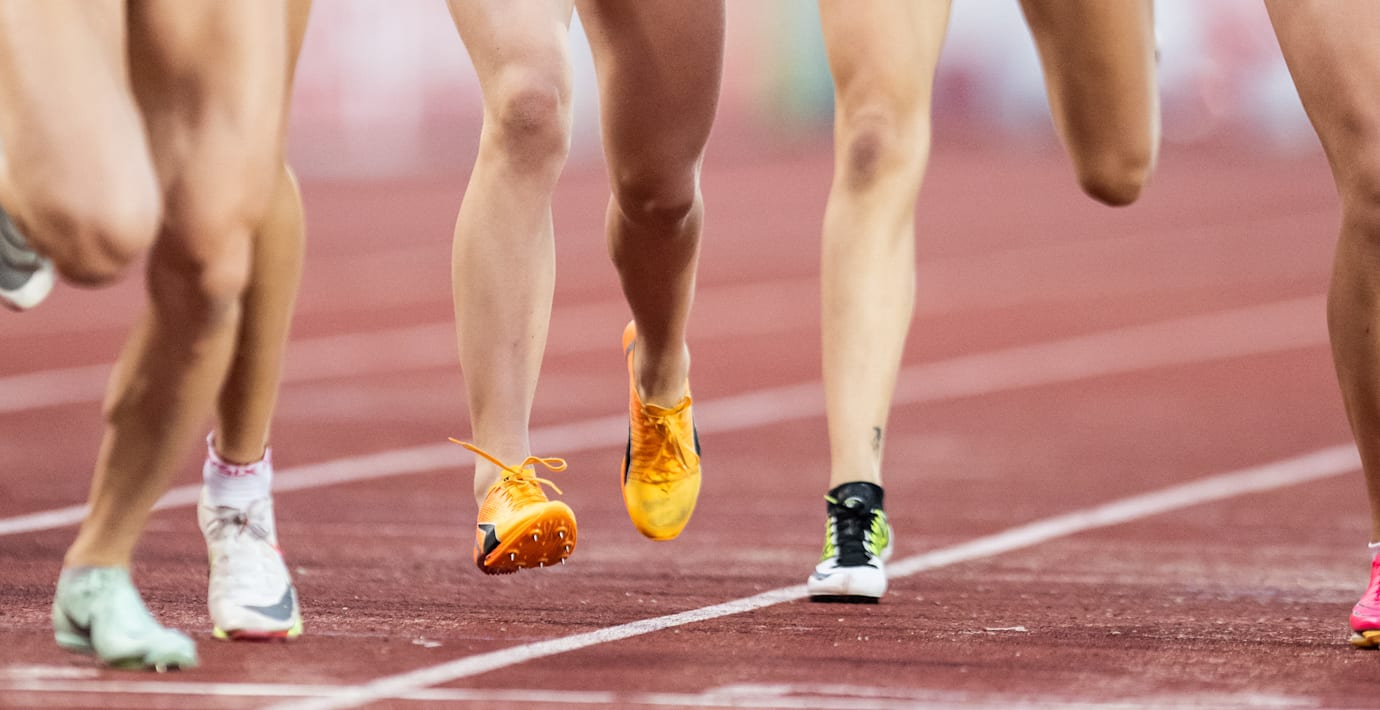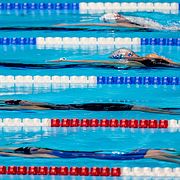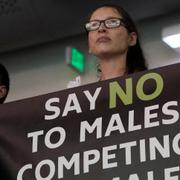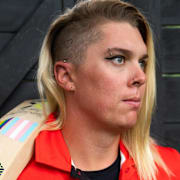
Enkät: Få bekväma med att tävla mot transkvinnor
En majoritet kvinnliga idrottare på elitnivå i Storbritannien, som svarat på en enkät från BBC, är obekväma med att tävla mot transkvinnor.
Enkäten skickades till 615 elitidrottare inom 28 sporter och 143 svar kom in. Över 104 av dessa sa sig vara ”obekväma” eller ”mycket obekväma” med transkvinnors deltagande i damklasser. Bara elva svarande uppgav att de var ”bekväma” eller ”mycket bekväma”.
De svarande har fått vara anonyma. Farhågan som uttrycks är bland annat att förutsättningarna för tävlande ska bli orättvisa.
Flera svarande menar också att det är svårt att tala öppet om frågan eftersom den som är kritisk riskerar att anklagas för diskriminering.
bakgrund
Transfrågan inom idrotten
Wikipedia (en)
The participation of transgender people in competitive sports, a traditionally sex-segregated institution, is a controversial issue, particularly the inclusion of transgender women and girls in women's sports.
Opponents argue that transgender women have an unfair advantage over, and may endanger, cisgender women in competitive sports due to sex differences in human physiology, and that these differences are not sufficiently reversed by transgender hormone therapies. Supporters of transgender athletes argue that medically prescribed puberty blockers and estrogen suppress testosterone levels and reduce the muscle mass of transgender women, reducing possible competitive advantages. Supporters also argue that sport, particularly youth sports, is also about belonging, well-being, and socialization of young people. The American Medical Association states that legislation barring trans women from women's sports harms the mental health of transgender people.The controversy has caused debates regarding sex verification in sports. Since the mid-twentieth century, sports institutions have responded to the participation of transgender women and women suspected to be transgender, male, or intersex by adding eligibility requirements to women's sports variously determined by physical examination, sex chromosomes, and sex hormones. Proponents of such regulations regard them as necessary to ensure fair competition and women's safety. Opponents have criticized such regulations as unfounded, degrading, misogynistic, discriminatory against transgender and intersex women, disproportionately affecting women of color, and violating medical ethics and human rights.As of April 2023, there is no unifying international framework for the participation of transgender people in competitive sports. Traditionally, the inclusion criteria for women's sports have been decided upon by individual sporting bodies at the national and international level. In the United States, an anti-LGBT movement emerging in the early 2020s has led to some U.S. states passing legislation restricting the participation of transgender youth in high school sports or of trans women and girls in women's sports. Several international governing bodies including World Athletics, World Aquatics and World Rugby have restricted trans women who had undergone male puberty from participating in the female category.
Omni är politiskt obundna och oberoende. Vi strävar efter att ge fler perspektiv på nyheterna. Har du frågor eller synpunkter kring vår rapportering? Kontakta redaktionen


